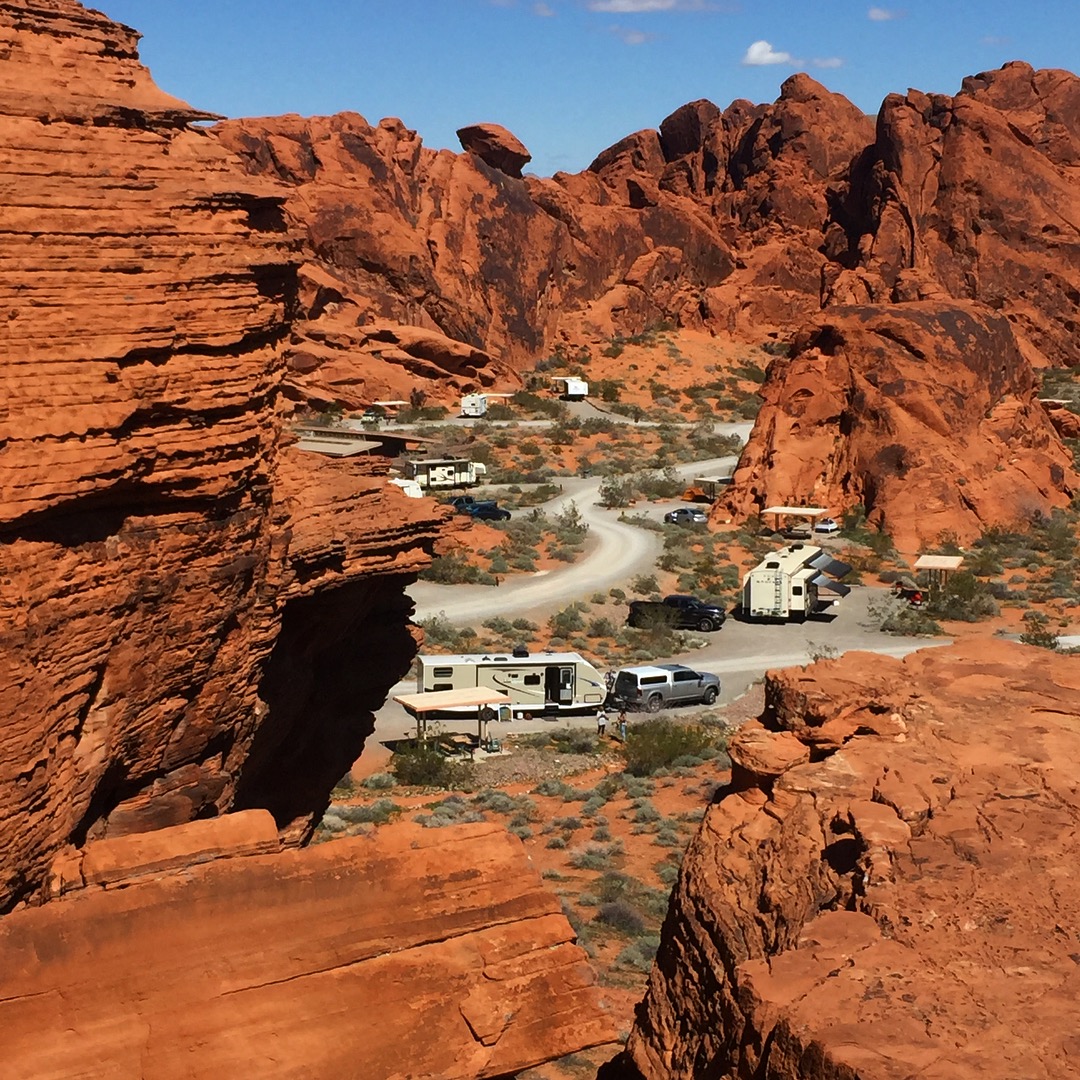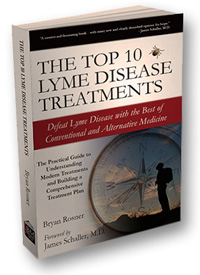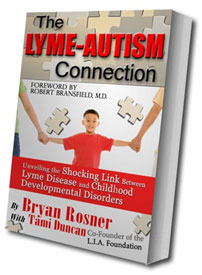Myself and our family of 5 have lived in a travel trailer full time for the past 6 months, while doing mold avoidance. While we own two homes, we have chosen this lifestyle for healing. We’ve made some big mistakes and learned a lot, and here are the lessons I’ve learned. I hope that by sharing them with you, you can get a headstart on the process and avoid costly mistakes!
Find the tips just below this photo of me and my son as our family did
mold avoidance in South Eastern Arizona...
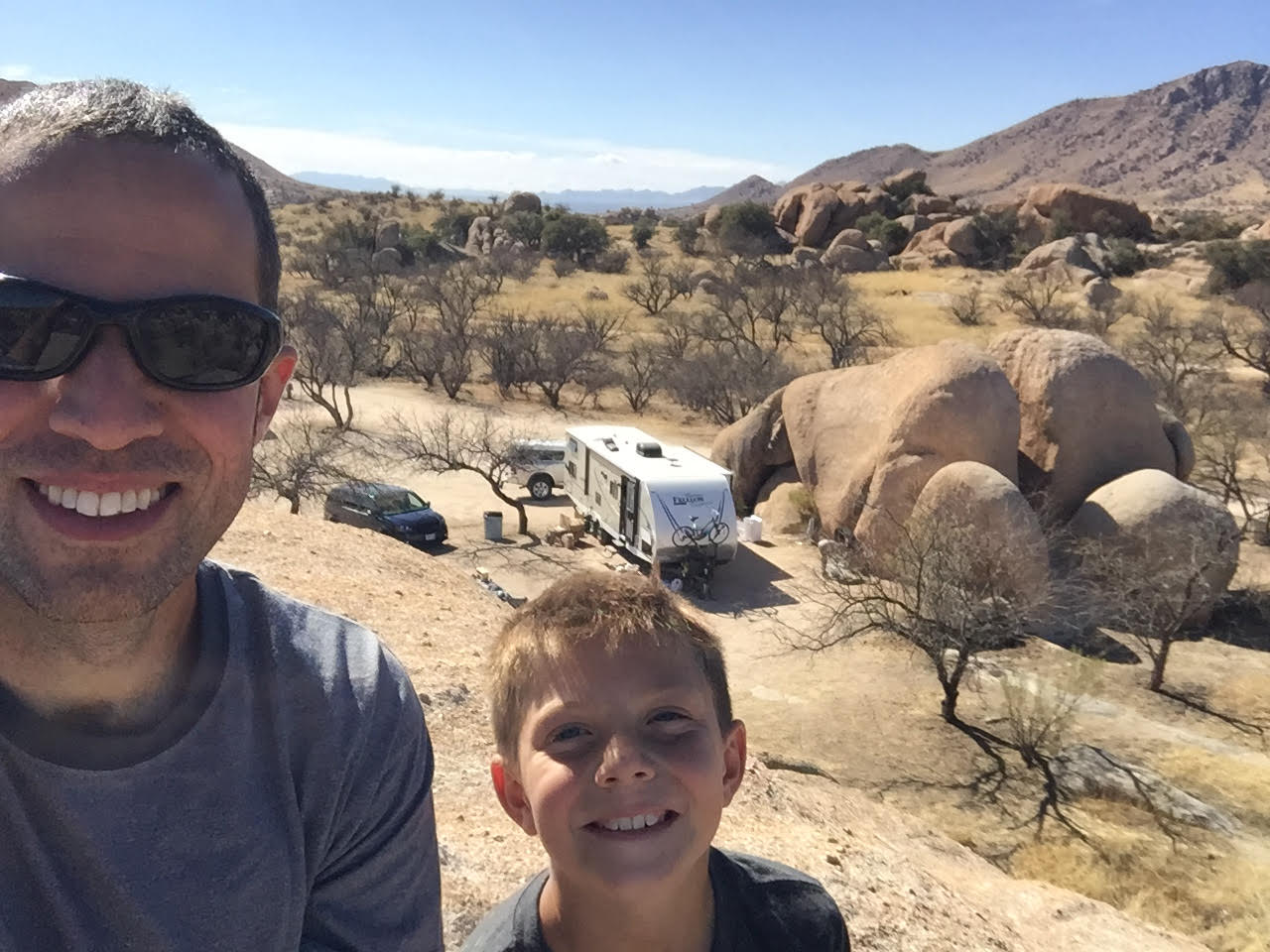
We tried 100+ travel trailers and couldn't tolerate the chemicals / VOCS / formaldehyde in any of them at all. Walk in and hold breath and walk out. The ONLY one we could tolerate was the coachmen freedom express line. We like the Select trim within this line because it is the cheapest. More on that later. The actual model # is the 29 SE. But size will vary depending on your family size. This model takes a few weeks to off gas but was pretty decent for us right away.
Many other mold avoiders have since also found this brand / line to be good.
OK, now here's all my trailer tips…
Replace all beds with air mattresses and use Hypervent underneath mattresses. The first place to get moldy in a trailer is under the mattresses due to people sleeping on them. This has been noticed consistently.
Get a dehumidifier, and an indoor weather station; keep humidity below 45%. Clean or replace dehumidifier when it gets moldy - it will. Indoor weather station can be bought on Amazon for $15.
Clean roof a/c unit with coil cleaner monthly.
Be careful where you park trailer; it is your whole HOUSE and if you get plumed with mold, it can ruin everything you have. This happened to us once and we had to replace our trailer and $10,000 of belongings because of ONE bad stay in a horrible area - search my posts on Chula Vista.
Freedom Express model trailers are preferred and used by many group members, because they are tolerable new, affordable, and use Azdel material instead of wood in many places, which prevents rot. We love the 29 Se model. It is cheap and large and very functional.
Walk your roof often to ensure the thin rubber membrane - all that’s protecting your trailer - is intact. The rubber membrane is as thin as a piece of paper and tears easily, exposing the wood beneath! This is why we don’t purchase more expensive trailers… because they all have the same crappy roof.
Before purchase make them pressurize the plumbing systems -- this is an easy way to find leaks BEFORE you buy it. Test all features and the slide, too.
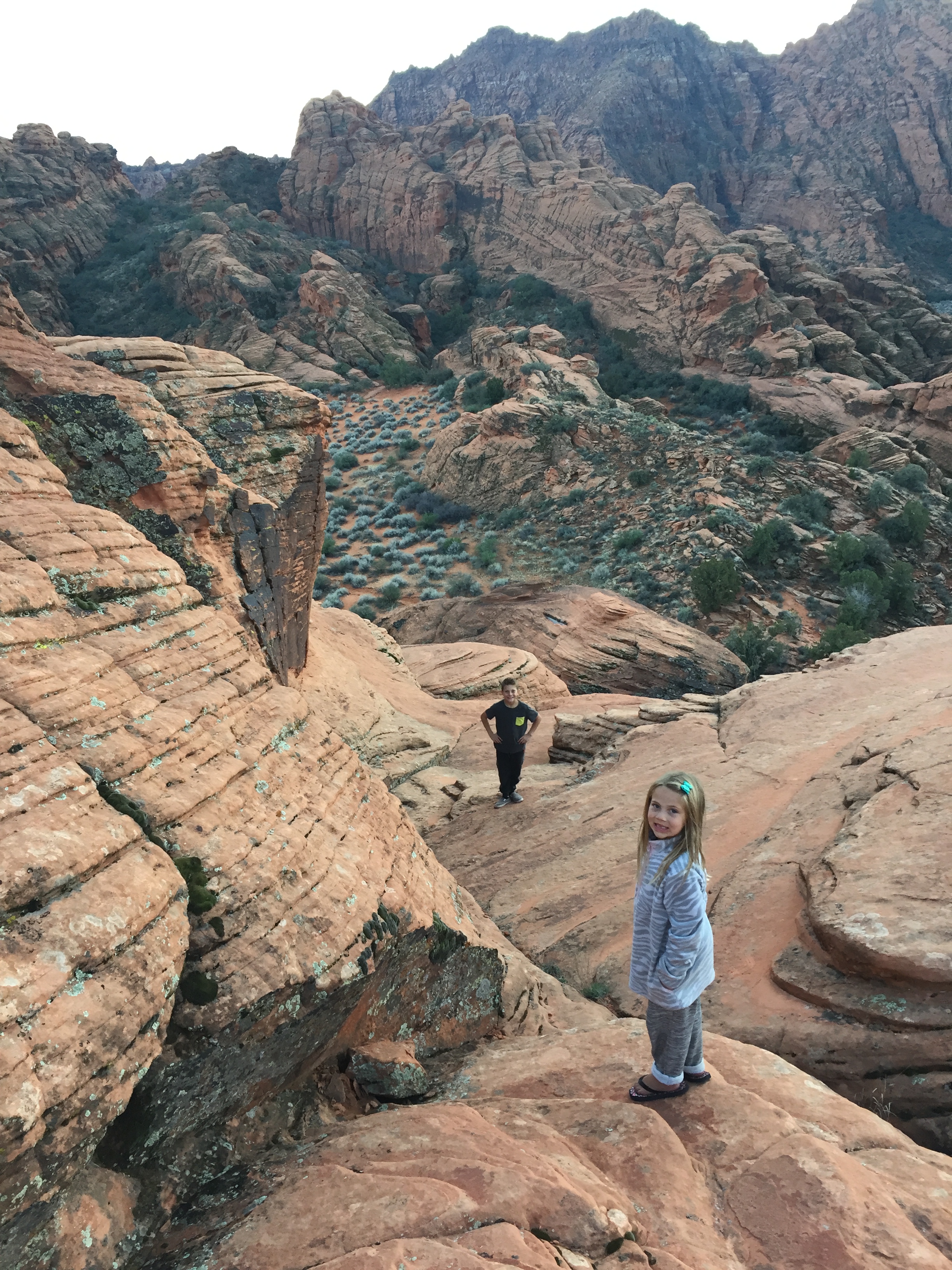 Don’t use the propane heat; propane puts moisture into the air. Instead, use electric space heaters. But be aware that unmasking and doing mold avoidance and detox can make many people more EMF sensitive.
Don’t use the propane heat; propane puts moisture into the air. Instead, use electric space heaters. But be aware that unmasking and doing mold avoidance and detox can make many people more EMF sensitive.
Open the storage compartments outside the trailer often to let a cross breeze through; not doing so is equivalent to never opening the basement vents in your house.
When you leave the campground for day trips, turn off the water at the spigot. Leaving your trailer pressurized with water can result in catastrophic pipe breakage or leaks when you aren’t home and hence can’t stop it before it’s too late.
Make sure you keep track of how full your grey tank is. If you leave the sink on and leave your trailer for a few minutes and your grey tank is closed, you’ll come home to find a flooded trailer. Same thing for filling the bath tub and forgetting about it. Not so much a problem with your black tank.
If you are connected to an RV park sewer system, its best to leave both black and grey tanks CLOSED except once a day to dump, so the sewer system toxins and gasses and spores don’t waft up into your tanks and pipes.
When camping in freezing areas be careful to keep your water heater and pipes warm; a lamp under the kids bunk did this for us.
Make good use of your oven exhaust fan and bathroom fan to keep moisture levels down.
The ambient outdoor humidity has a MUCH greater impact on rotting your trailer than do things like cooking or showering. Parking in areas where there’s high or even moderate humidity is a complete recipe for disaster, no matter how many of the strategies you follow from this list. This is not to say humid regions can’t be pristine; they can. It is just to say that humidity directly sets the stage for mold in a trailer.
Get a Marcell remote temperature and humidity sensor and pay the $10/mo cell subscription fee so that you can monitor and get alarms about your trailers temp and humidity when you are away for the day. This has been huge for us.
It’s very useful to have a hydroxyl generator to decontaminate mild cross contamination inside the trailer; hydroxyls are much more gentle and less dangerous, in many ways, than ozone. I don’t recommend ozoning a trailer unless you REALLY know what you are doing.
Get a two-pronged moisture meter and stick it in the wood in various parts of your trailer especially under the beds; if moisture levels read higher than about 5%, you have a problem.
When packing up the trailer to move, be especially aware of where you are storing any liquids. Stuff will bounce around.
Important: Prefer pullable travel trailers and 5th wheels over RVs with the engine attached. When you have an attached engine, the rig is much more expensive, and if it goes bad, you are throwing away a trailer AND an engine. Or trading them in, which is much more expensive. Keeping the tow vehicle separate is a great way to save money should you need to trade the trailer in. Also, I have used the truck bed with an aluminum camper shell many times as a place to sleep if the trailer is contaminated. It offers a separate, alternative sleeping location which can be useful for many things, including stealthily sleeping illegally in neighborhoods to scope out potential places in search of permanent settling, buying or building a home.
$200,000 rvs have the same crappy roof and construction as $20,000 trailers. Why pay more for the same thing. As a new mole avoider you will probably also ruin the thing and need a new one - we’ve done that twice. Ironically, both have been cross contamination, not primary mold growth. Moral of the story — get a cheap trailer, not a fancy one, because it is basically disposable housing. Would you spend extra money on fancy paper towels? Of course not. Likewise, I prefer travel trailers over 5th wheels because travel trailers are much cheaper, and they all have the same crappy construction. Just make sure you get a weight distributing hitch and anti sway bars. It’s not as complicated or difficult to operate as it sounds.
Be sure to do plenty of dry camping, boondocking, and camping at areas where there is no sewer system (but preferrably there is water and power). This is because RV parks and campgrounds with sewer systems tend to be very toxic places, and can keep you “masked” and unable to sense toxins. Most areas without sewer systems are much safer and cleaner. Once you are fully unmasked, it will help you to avoid the really bad RV parks. Sadly, less than 10% of RV parks seemed safe enough for us to stay at. However, had we remained masked, we wouldn’t have sensed the danger. And remember that parking your WHOLE HOUSE in a bad area contaminates EVERYTHING. So there’s a lot at stake.
Always do laundry outside the trailer. This can be done with a portable washer; we use the Della model with attached spinner then hang dry the clothes. Doing it inside the trailer can make the toxin we call “hell toxin” disperse throughout your trailer. This is catastrophic and has happened to us!
I wouldn't buy a used trailer. Way too much can go wrong before you get it. Invisible but poorly repaired leaks, rough handling on the road by people who don't see it as a home like you do, contamination that you won't be unmasked to right away. And many other issues.
Don't trust the warranty. If you are living in the trailer and it breaks, are you really going to go get a hotel for $$$$ while you wait weeks for a shoddy contaminated shop to repair the trailer and cross contaminate it? If it breaks just pay out of pocket for a mobile rv repair service to come fix it. You actually come out ahead financially and won't risk the contamination issues. If something breaks that a mobile guy can't fix, just trade it in.
Don't look at trailer as a long term purchase. Just like money you pay to rent an apartment is money you never get back, think of a trailer as an expense like that. We’ve had to trade in our trailer due to contamination and doing so is TO BE EXPECTED. Get a relationship with a dealer and learn what the trade in cost is. For us it isn't terribly expensive; if we trade In every six months it works out to about $1000/mo cost for trading in. Since rv parks and camp grounds are generally cheaper than renting a home, I see it as no more expensive than renting. EXCEPT the cost of replacing all the contaminated belongings inside, which is much more expensive than the trailer. So minimize how many belongings you bring along.
It seems comforting to somehow think that spending more money will help us heal. But the fact is these trailers are a disaster waiting to happen for MANY reasons. Moving them to different environments all the time and getting new exposures; driving them and bouncing them down the road; their light weight construction makes ALL of them prone to breaking; and other reasons.
I climbed on the roof and compared the roofs of $20,000 trailers to $200,000 luxury class A coaches. They all have the same crappy thin rubber membrane roof. So why pay more? The things people are paying more for are things we don't care about like luxury accessories.
You can get portable batteries to power laptops and things during dry camping.
You can use your tow vehicle to charge the trailer batteries a few hours a day when dry camping.
Before you move locations, walk around your trailer THREE TIMES. It's so easy to leave a window open, stabilizer down, slide out (yes I almost drove away with the slide out once!). Go slow and be sure. This is your home. If it breaks you are in a contaminated expensive hotel that night.
I'll leave you with this post I made to the Mold Avoiders Forum:
“Some people have seemed to misunderstand my recent posts about our rv contaminations and interpret this as me thinking the rv has been a failure.
Quite the opposite.
The RV's we've had - 2 so far in 6 months and soon a 3rd - have not only saved my life but also allowed us to learn mold avoidance skills by traveling and experiencing many different environments while maintaining a constant variable of indoor environment. This has been a very hard thing to learn made easy in an rv.
It has also allowed us intimate family time and many, many adventures including over 25 days at Disneyland and exploring amazing places.
And even more importantly the trailer losses have been measured and contained chaos. They have been much more tolerable than losing a whole home.
I actually prefer to think of the trailers as disposable housing and EXPECT it to not last forever, especially with a large family in it. This expectation helps with budgeting.
I think I have a pretty good track now to recovering a lot, and without the trailer it would have been largely impossible.
To me, it all depends on what other housing options are available. If you can stay in a good house and heal, do that. We didn't have that option and needed to learn mold avoidance skills.”
--
I'll add to this document as I remember more tips. I'm adding to it almost daily because there are so many lessons I've learned. Check back to this link often if you desire.
